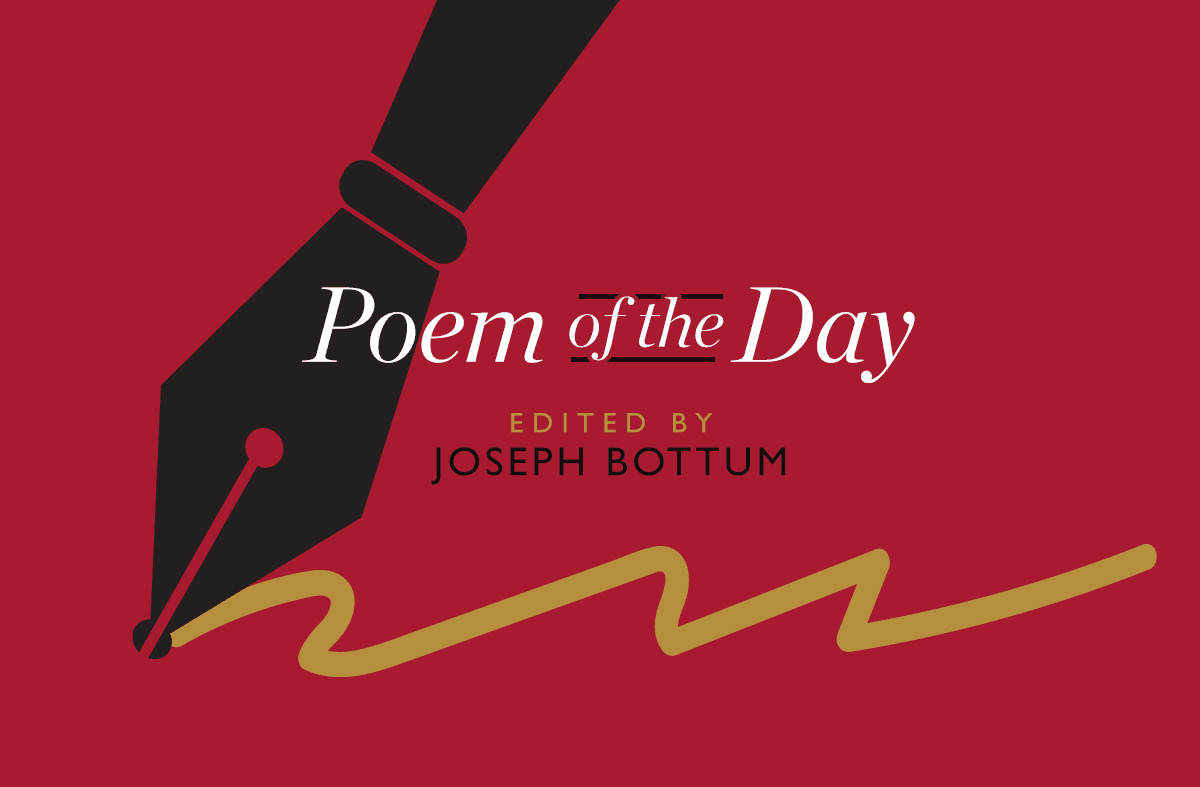Poem of the Day: ‘The Song of Wandering Aengus’
The title identifies the poem’s speaker as an Irish god, who according to legend fell in love with a woman whom he saw only in dreams.

Continuing the Sun’s week-long celebration of William Butler Yeats for the one hundred fifty-seventh anniversary of his birth, today’s Poem of the Day has been, in the century or so of its existence, much anthologized, often recited and read aloud, frequently sung. An enduring and sentimental favorite, in the vein of the young Yeats who assumed like a mantle the bardic wisdom of venerable old age, “The Song of Wandering Aengus” feels like a poem that has never not been written, never not recited, never not rendered in song. It feels, and is meant to feel, like a cultural artifact far older than it is. Yeats himself claimed Greek folksong as his inspiration, claiming that the “folk belief” of the Greeks resembled that of the Irish. The title identifies the poem’s speaker as an Irish god, who according to legend fell in love with a woman whom he saw only in dreams. In three tetrameter octets, “The Song of Wandering Aengus” recounts this legend as a reversal of the Cupid and Psyche myth, or of the Norse tale we know as East of the Sun and West of the Moon, its protagonist’s life consumed by the quest for a vanished love.
Please check your email.
A verification code has been sent to
Didn't get a code? Click to resend.
To continue reading, please select:
Enter your email to read for FREE
Get 1 FREE article
Join the Sun for a PENNY A DAY
$0.01/day for 60 days
Cancel anytime
100% ad free experience
Unlimited article and commenting access
Full annual dues ($120) billed after 60 days
